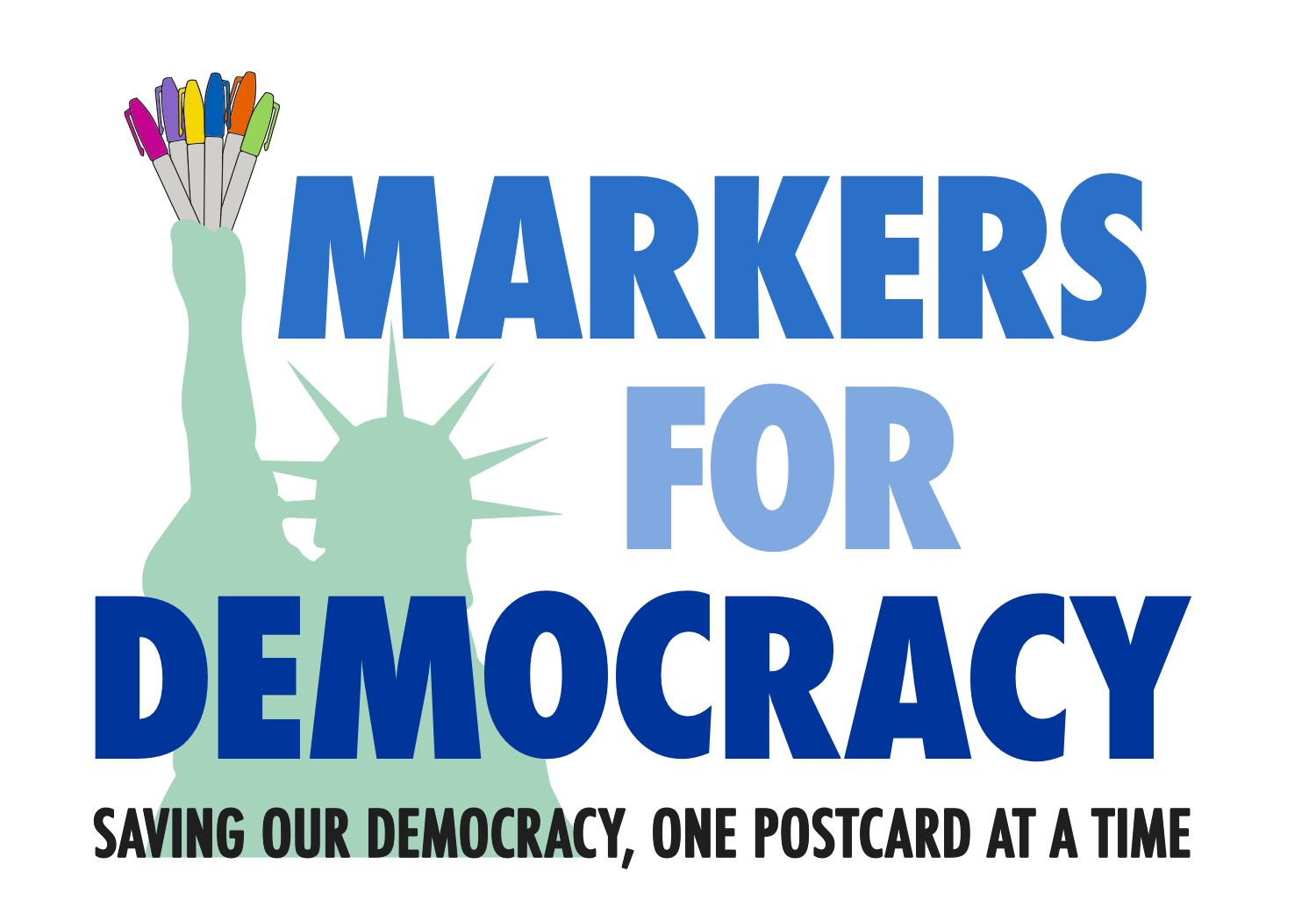Guilty (4/25/21)
Guilty. Guilty. Guilty. A Minneapolis jury found guilty and convicted now-former police officer Derek Chauvin of all three counts of murder and manslaughter in the killing of George Floyd last year. The verdict ended one particular trial but cannot be separated from America’s long and fraught history. One guilty verdict after centuries of injustice. Historian Heather Cox Richardson couldn’t help thinking of “the famous image of Deputy Sheriff Cecil Ray Price and Sheriff Laurence A. Rainey laughing at a hearing after their arraignment following the murder of three civil rights workers in Philadelphia, Mississippi, in 1964.” Others invoked the memories of Emmett Till, lynched in 1955, and Jimmie Lee Jackson, the civil rights activist who was murdered by police in 1964.
The fact that many of us were filled with anxiety in the hours leading up to the verdict and cried tears of relief after it was announced demonstrates how our history informs our present. Charles Blow wrote that “[h]istory has been a stern instructor of Black people in this country, beating out hope wherever it dares to emerge. . . .
Before Tuesday’s guilty verdict for a former Minneapolis police officer, Derek Chauvin, in the murder of George Floyd, many of us were afraid to hope that justice would be done. It doesn’t matter the strength of the case or the preponderance of evidence; convicting a police officer of killing a Black man is so rare in this country that I can count the recent cases I recall on my fingers — on one hand.”
Heather Cox Richardson was not the only one who wondered whether there would have been accountability in this case if Darnella Frazier had not had the presence of mind to record a video of Derek Chauvin with his knee on George Floyd’s neck for 9 minutes and 29 seconds. She asked: “If Ms. Frazier had not captured the video, would Chauvin be in prison right now? Between 2013 and 2019, only 1% of killings by police have resulted in criminal charges.”
We must acknowledge that this verdict delivered accountability but not justice and was the exception, rather than the norm. Fewer than 10 officers have been convicted of murder in the last 10 years. We also must acknowledge that even as Derek Chauvin was being held accountable for the murder of George Floyd, the family of Daunte Wright was mourning his loss after he was shot by a police officer at a traffic stop a few miles away from the courthouse, and the nation learned of still more police killings of Black Americans. This was one verdict and there is a need for systemic change in this country. Black Americans are subject to racial profiling and aggressive police conduct that put their lives at risk and force them to fear everyday activities like driving their children to preschool or sending their teenagers to the local store. One guilty verdict in one case does not change that.
At the same time, there is some reason to hope that change is coming. As President Biden stated, the verdict in this trial is a "step forward in the march toward justice." One rabbi acknowledged that the verdict came as “we are collectively arriving at a greater understanding of how racism operates in us and in our country, how deep its roots run, and how entrenched it is. We understand now better than ever before that the road to racial justice is still very long. We know that a guilty verdict is not enough to bring about the monumental change that is required to dismantle a racist system, centuries old. Yet, I trust that, this time, the movement toward justice cannot be stopped or delayed."
Former Attorney General Eric Holder expanded on Dr. Martin Luther King Jr’s words when he said: “the arc bends towards justice because people pull it towards justice. It doesn’t just happen on its own.” Darnella Frazier did her part by courageously standing her ground to document George Floyd’s murder. The jury did its part. The young people who marched in the streets following George Floyd's murder did their part. We all must work to change law enforcement practices in the United States and end systemic racism. We can call for reform in our own cities and we can push the United States Senate to pass the George Floyd Justice in Policing Act which was passed by the House in 2020.The announcement by Attorney General Merrick Garland that the Department of Justice was opening a pattern and practice investigation into the Minneapolis police was a positive sign (and a reminder that elections have consequences and that Merrick Garland’s predecessor would most likely not have opened that investigation.)
We ARE at a pivotal moment but one verdict, although welcome, is not a moment for celebration. As Abraham Joshua Heschel famously said: “an honest estimation of the moral state of our society will disclose: Some are guilty, but all are responsible.” No one should be able to breathe in this country until all Americans can breathe without fear of a police officer’s knee on their neck or weapon drawn at a traffic stop. Our commitment to doing the hard work should be part of George Floyd’s legacy. The fight for racial justice continues and we must all do our part.
